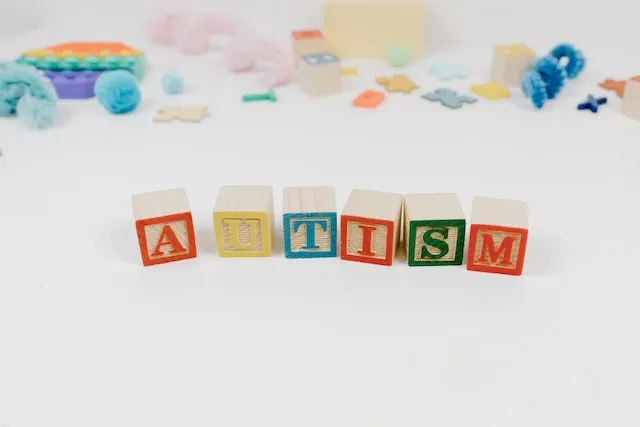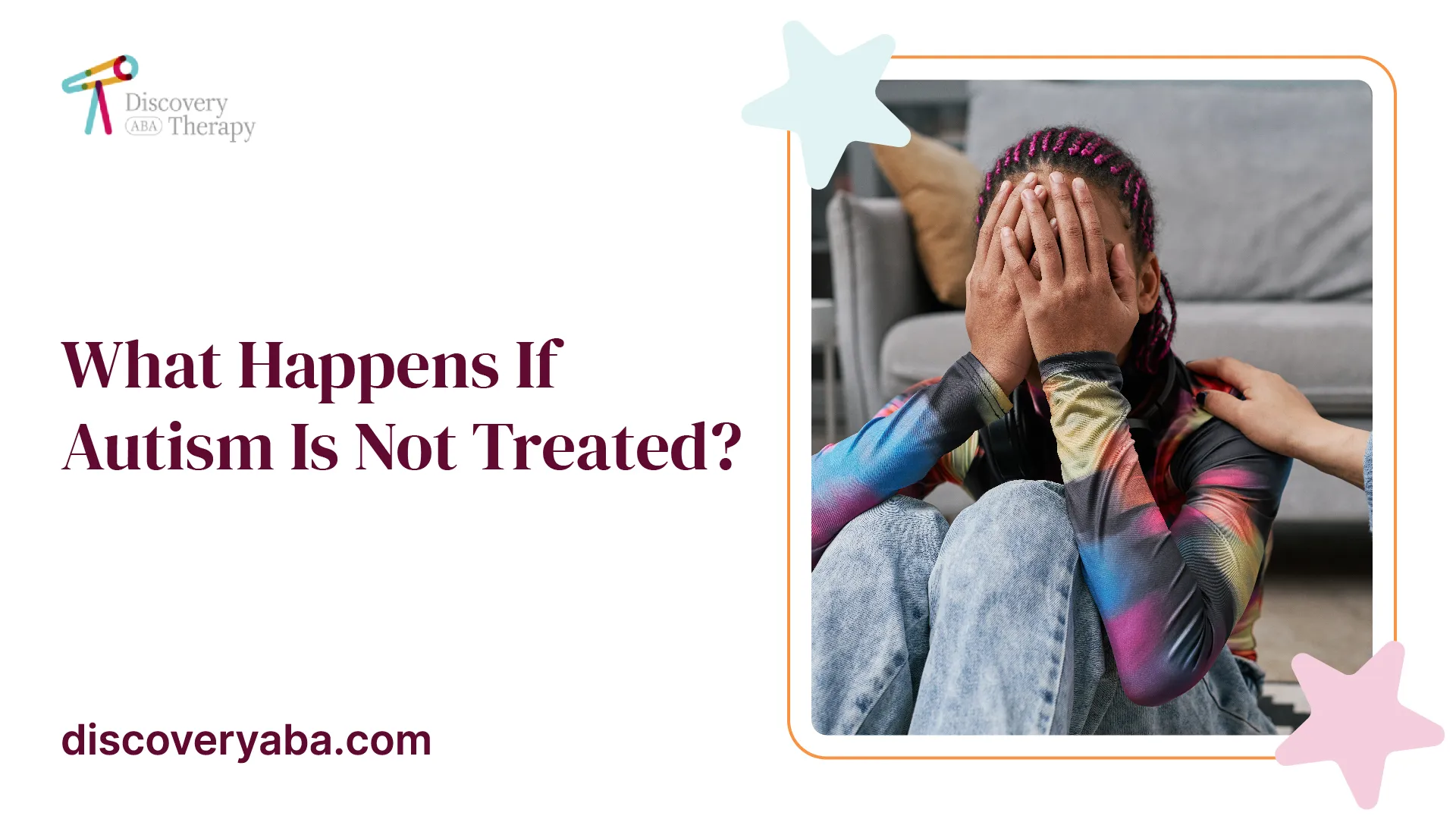What Happens If Autism Is Not Treated?
If left untreated, autism spectrum disorder can have a significant impact on an individual's life.

What Happens If Autism Goes Untreated?
Autism is a neurodevelopmental disorder that affects communication, social interaction, and behavior. If left untreated, it can have a significant impact on an individual's life.
One of the most significant consequences of untreated autism is difficulty in communication. Individuals with autism may struggle to express themselves verbally or nonverbally, making it challenging to interact with others.

This can lead to social isolation, which can have a negative impact on mental health.
Another consequence of untreated autism is difficulty in understanding social cues.
Individuals with autism may struggle to read facial expressions, body language, and tone of voice, making it difficult to understand social situations. This can lead to social anxiety and a lack of confidence in social situations.
Untreated autism can also lead to behavioral issues. Individuals with autism may engage in repetitive behaviors, such as hand-flapping or rocking, which can interfere with daily activities.
Additionally, they may have difficulty adapting to changes in routine or new environments, leading to meltdowns or other disruptive behaviors.
In addition to these challenges, untreated autism can also have long-term consequences.
For example, individuals with untreated autism may struggle to find and maintain employment, leading to financial instability. They may also struggle to form and maintain relationships, leading to loneliness and isolation.
Fortunately, early intervention can help individuals with autism overcome these challenges. Treatment options may include behavioral therapy, speech therapy, and medication.
With the right support, individuals with autism can learn to communicate effectively, understand social cues, and manage their behaviors.
Does autism get worse untreated?
Untreated autism may not necessarily get worse, but it can lead to a worsening of symptoms and challenges over time.
For example, difficulty in communication can lead to frustration and isolation, which may exacerbate behavioral issues such as meltdowns or self-injurious behavior.
In addition, untreated autism can make it difficult to develop coping mechanisms and strategies for managing daily life, leading to increased stress and anxiety.
It's important to seek treatment for autism as early as possible to prevent these challenges from becoming more severe over time.
What are the symptoms of untreated autism?
Untreated autism can manifest in various ways, and its symptoms may vary depending on the individual. However, some common signs of untreated autism include:
- Difficulty in communication: This can include difficulty expressing oneself verbally or nonverbally, such as through gestures or facial expressions. Individuals with untreated autism may also struggle to understand others' communication, leading to misunderstandings and frustration.
- Repetitive behaviors: Individuals with untreated autism may engage in repetitive behaviors such as hand-flapping, rocking back and forth, or repeating certain phrases. These behaviors can interfere with daily activities and make it challenging to socialize with others.
- Sensory issues: People with untreated autism may experience sensory sensitivities or aversions, such as being sensitive to loud noises or bright lights. These sensitivities can cause discomfort and anxiety and may interfere with daily life.
- Difficulty understanding social cues: Individuals with untreated autism may struggle to pick up on social cues such as body language, tone of voice, or sarcasm. This can lead to misunderstandings and difficulties in social situations.
If you notice any of these symptoms in yourself or a loved one, it's essential to seek professional help. Early intervention can help individuals with autism manage their symptoms effectively and improve their quality of life.
When is It Too Late To Treat Autism?
It's never too late to seek treatment for autism. While early intervention is crucial, individuals with autism can benefit from treatment at any age. Even if an individual has not received a diagnosis until later in life, they can still access support and therapies that can improve their quality of life.
Some individuals with autism may have learned coping mechanisms or developed strategies to manage their symptoms on their own.
However, seeking professional help can provide additional tools and resources that can enhance these skills and make them more effective.
It's important to note that while some symptoms of autism may become more ingrained over time, treatment can still be effective in improving overall functioning and well-being.
With the right support and interventions, individuals with autism can learn new skills, improve communication and social interaction, and manage challenging behaviors.
In short, it's never too late to seek help for autism. If you or a loved one are struggling with symptoms of autism, don't hesitate to reach out for professional support.
In conclusion, untreated autism can have a significant impact on an individual's life, including difficulty in communication, understanding social cues, and managing behaviors. However, with early intervention and the right support, individuals with autism can overcome these challenges and lead fulfilling lives.
Does Your Child Have An Autism Diagnosis?
Learn More About How ABA Therapy Can Help
Find More Articles
Contact us
North Carolina, Nevada, Utah, Virginia
New Hampshire, Maine
Arizona, Colorado, Georgia, New Mexico, Oklahoma, Texas
.avif)




































































































